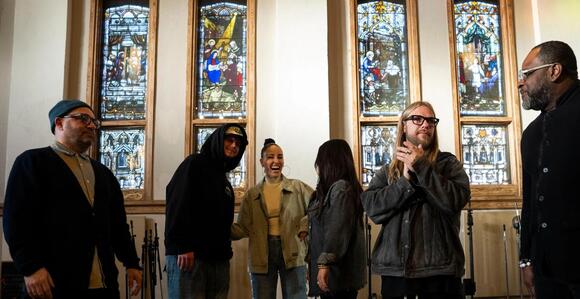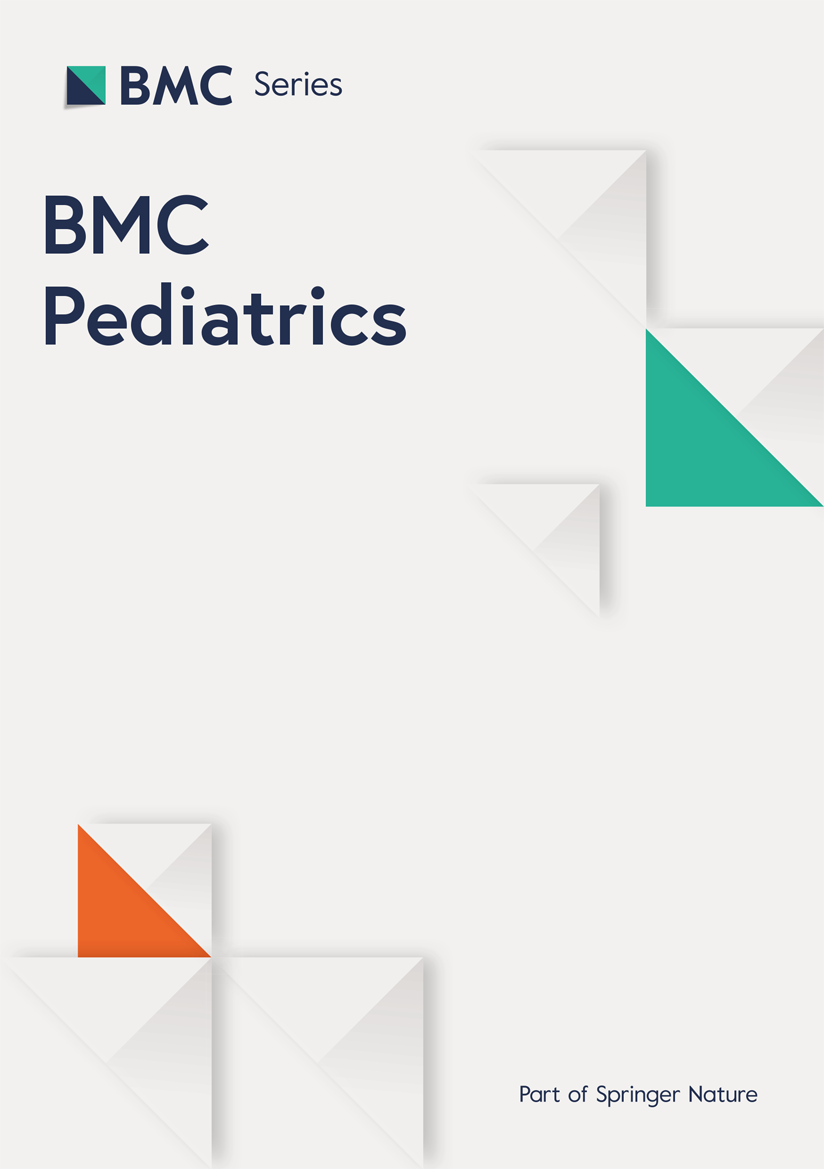Music City, Remastered: Here are the music producers shaping Nashville's new sound, the minds behind the hits - NewsBreak
By Audrey Gibbs, Nashville Tennessean,
9 hours ago
A music producer is more than a creative who brings a sonic project to life. Just like the songs they create, their work is full of complex layers.
They can be arrangers, poets, therapists, engineers, mentors and even spiritual guides, working alongside the artists we know and love.
Together, they craft the songs that push us past heartbreak, through hardship and fuel nights on the dance floor.
The one thing music producers all have in common? They're multi-faceted musical maestros, and Nashville has some of the industry's most accomplished.
Beyond the country genre, some of the world's top pop tracks, including "Espresso" by Sabrina Carpenter and "Butter" by K-pop group BTS, are covered in Nashville fingerprints.
As Nashville's sound continues to expand, The Tennessean set out on a six-month-long mission to understand who is shaping the tunes that come out of Music City.
How did they learn to do what they do and what exactly does their job entail?
Here are the producers alongside artists like Kacey Musgraves, Beyoncé, Twenty One Pilots, Kirk Franklin and Chris Stapleton — the professionals who stay out of the spotlight, meticulously working behind the scenes.
We pulled back the curtain, and it led us to these eight highly-respected Nashville music producers.
- Credits include: "Permission to Dance" by BTS, "Pray" by Jessie Murph
We dove into the stories of these eight professionals, conducting individual interviews and moderating a conversation with a majority of the group at the renowned Ocean Way Studio A in Nashville.
Though we focused on these stories, the city is full of well-respected music producers.
There's recent Country Music Hall of Fame inductee Tony Brown (Reba McEntire, George Strait), Dave Cobb (Stapleton, Carlile), Dan Huff (Keith Urban, Faith Hill) and Tay Keith (Travis Scott, Drake), among many others.
A music producer is like "a fashion designer," Musgraves' "Golden Hour" producer Daniel Tashian said.
"Your song is like a model. You’ve got to dress it in something that's going to look cool now, but also isn't going to look goofy in five years — something classic."
There's not a blueprint on how to best be a "facilitator of dreams" for an artist, the glasses-clad and beanie-wearing Tashian said.
A producer might act as a form of distillation, helping narrow down a number of songs to the most compelling tracks.
Or, as "In da Club" by 50 Cent producer Mike Elizondo explained, sometimes he'll be asked to work on a specific song or to create an entire project.
Artists will come out to his Gallatin studio, and if he's working with someone who doesn't have their musicians picked out, he'll cast the band.
"I go, ‘Okay, what's the vibe of this artist and the song and the record? Who are the musicians that I can bring in and help create that sound?'" he said.
In the recording studio, producers, like movie directors, may ask artists to redo takes and try different artistic risks.
"A producer can be a trusted confidant, a sounding board for ideas," said Julian Bunetta, Sabrina Carpenter's "Nonsense" producer. "Sometimes you need to be the person that doesn't have a strong opinion and helps let an artist get to their own answer."
Musical interpretation is what it all comes down to for recent non-classical producer of the year Grammy nominee Ian Fitchuk.
"(Artists) are very capable of doing that on their own a lot of times," he said. "For me, it's finding the most effective way to help them round their skills out."
With evolving technology, the term producer is a bit looser now.
A producer can be a one man band. Usually, Nashville artists will still hire musicians, but a lot of production can be done on software.
BTS producer Stephen Kirk, a hoodie-wearing North Carolinian who works alongside Jenna Andrews, explained that there are two kinds of producers.
Some "try to take a vision of whatever the artist is and put as little fingerprints on it as possible." Others aim for a specific sound.
Kirk has also spent time as an artist in a country duo, Sunset West, with his brother. Now, he and Andrews run their own label, Graffiti Sound, and his production skills and experience as an artist factor into how he develops new acts.
Roger Ryan, a pianist and producer who has worked with Whitney Houston, said "it stands to be multiple."
"One day I'm in the studio doing strings, and one day I'm in the studio with a fiddle player, cutting steel guitar."
Elizondo, who moved to Nashville in 2018, points out that the "writing community out here is second of none." The city has a more welcoming vibe than other places, too.
Kirk, who moved 13 years ago, said Nashville has the "best musicians in the world."
The modelesque Jenna Andrews, who's worked with Benee and Noah Cyrus, hails from Calgary, Canada. After moving to the U.S., she lived between New York and L.A., settling in Nashville in 2023.
"It feels more real," she said. "(In) L.A., sometimes it feels like a lot of smoke and mirrors. Here, people are a lot more focused on the song." You can make great music elsewhere, of course, "but the next day, they forget. They forget about you," she said. In Nashville, "there's more room to grow."
In the last year, there's been a great influx of pop music professionals into Music City.
"It's really exciting to think that we can combine both worlds and find a magic, a spirit, an authenticity that is new," she said.
There are several reasons for the artistic migration, Bunetta pinpointed. He left L.A. for Nashville in 2018.
Nashville's a town of musicians and music, it's cheaper than other options, and it's closer to some cities you may have to go to on tour.
"I was hesitant to move here because my bread and butter has always been pop music," Bunetta said. "I was worried that there weren't going to be as many opportunities.
"What it actually did for me was it got me to focus more on the things I really cared about, rather than spreading myself too thin."
For Roger Ryan, Nashville is just where he moved first.
"I decided to just plant my trees here," he said, following his college friends from the a cappella gospel sextet, Take 6.
Ryan now spends much of his time creating records abroad. He runs a music career development course with Berklee Abu Dhabi, The Pearl Program, and travels to Dubai, Barbados, Ireland and London.
"What keeps me here? Music is the easy part, and outside of music, our world is changing," he said. Moving to Nashville was challenging for Ryan, a Black man, who said there are still stereotypes he deals with.
Though Nashville is his home and he doesn't want to abandon the studio he built, Ryan said that lately he hasn't been called for much work directly out of Nashville.
"You start wondering what's wrong with your ability. You try to exhaust everything except race, until your white friends call you disgusted and say, ‘We can't believe that there's systemic racism in our industry. We're embarrassed and sad about it.’
"But what motivates me? Hope and my love for people."
Production is a job where connection comes first.
"Knowing an artist, knowing someone, is really how you can make the best music with them," Gena Johnson said.
An average work day for Bunetta sees him treating his craft like a 9 to 5 trade — it helps him avoid burnout and spend time with his family.
"Nashville is a city with a really good work-life balance," he said. "I think that the country writers of the ‘50s to the ‘90s, a lot of them established a pace — a little more of a blue collar work ethic."
"Some other cities that I've been in, people are allowed to act or behave a certain way or show up late because they're artists," Bunetta added. "That doesn't really fly here as much."
He likes his studio to be clean and organized, he likes to joke around, and he thinks food is one of the most important parts of the creative ritual.
"Doesn't even matter if you have a good song, did you have a good meal?" he said.
But for Kirk and Andrews, "a typical day is basically atypical for everyone else," Kirk explained.
They're not morning people, and they spend late nights into the wee hours of the morning in their Gallatin studio, surrounded by ample snacks and drinks.
"When you choose to give your life to music, I think you go where the music takes you," Kirk said — and sometimes, that's best done by the moonlight.
Ryan likes to cram up to 15 musicians, including a string section and horn players, into his studio. He wants everything to be live and, to an extent, unrehearsed.
His studio quirk? "I never let artists take the tracks home, because then they practice, you're not producible — you're repeating," he said. His studio hours are more like a private concert.
"When you're in the studio, you're performing, and I'm recording."
Johnson said she never takes work she doesn't believe in. It needs to be a good pairing, and if it's not right, she'll guide the artist to another collaborator.
In her Donelson studio, she tries to stick away from trends, guiding the artist to create something authentic.
A song needs to stand on its own two feet vocal acoustic first, she said. And once the bells and whistles have been added, if she can't get the song out of her head, that's her biggest tell it is a hit.
"If you get somebody by the first line, and you get them to the chorus and they still love the chorus, that smells like a hit," Andrews said.
Her partner, Kirk, will wake up the next day with a euphoric feeling and an itch to listen to the song again — he doesn't think there's exactly a secret to crafting a hit, though.
Bunetta said he has pretty good spidey senses around smelling a hit, too.
He didn't foresee the extent that Teddy Swims' "Lose Control" or Sabrina Carpenter's "Espresso" would blow up, but he knew they would be beneficial for the artist's career.
"I knew that it would move the ball up the hill," he said.
One of the biggest challenges producers face, Daniel Tashian said, "is that there's so much pressure to be sensational."
Social media apps like TikTok and Instagram champion vocal backflips and muscular singing ability.
"I think that poses problems for the more subtle artists," he said. "And I happen to really like more subtle stuff."
"The James Taylors, the people like that, those are the kind of things (that) don't punch you in the throat or knock your eyeballs out of your head. You slowly realize, ‘Wow, this is a work of timeless beauty and mastery.’"
Andrews said that artists will come in with an expectation. They want her to make them sound like a certain artist who is on fire at the time.
"(That's) what happens a lot ... but that's not really who they are," she said. "It's your job as a producer to bring them to somewhere that is more unique to them."
There's a danger in following trends, Elizondo recognizes, so he steers away from formulas. "I try and look at each artist as an individual," he said.
One of the threats to human creators is generative artificial intelligence, where platforms like Suno and Udio can spit out whole musical compositions.
But these producers aren't as threatened as you'd anticipate.
AI is capable of making good vocals and instrumentals, Tashian said, but "the one thing that it doesn't seem to be able to do is write a decent song, a good song, where you can listen to it and be like, ‘Okay, that moves me.’"
Fitchuk added that he's seen a lot of different forms of technology come and go throughout his career, both for recording and consuming music.
"Real instruments, real people, writing real songs, singing real vocals ... there's always going to be a need for that."
"The reason why things connect with people is because it resonates on a human level," Bunetta concurred. "People can sense the blood, sweat, and tears."
Check out a playlist of these producers' compiled hits.
Audrey Gibbs is a music journalist with The Tennessean. You can reach her at [email protected].
This article originally appeared on Nashville Tennessean: Music City, Remastered: Here are the music producers shaping Nashville’s new sound, the minds behind the hits



























